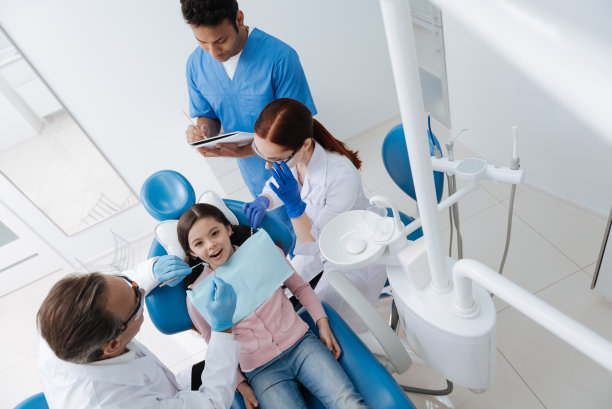The Importance of Extracting a Tooth for Overall Dental Health and Preventing Future Oral Issues
Summary: Extracting a tooth is often seen as a last resort, yet it can play a crucial role in promoting overall dental health. This article explores the significance of tooth extraction in preventing future oral issues by addressing four key aspects: the prevention of oral infections, the reduction of overcrowding, the enhancement of oral hygiene, and the improvement of overall health. Understanding these elements can help individuals make informed decisions when facing dental challenges, highlighting the necessity of tooth extraction as a proactive measure in maintaining long-term oral health.
1. Prevention of Oral Infections

One of the primary reasons for extracting a tooth is to prevent oral infections. Teeth that are severely decayed, cracked, or infected can harbor harmful bacteria that can spread throughout the mouth. An extraction helps eliminate these sources of infection, reducing the risk of further complications.
In addition to localized infections, untreated dental issues can potentially lead to systemic infections that affect other parts of the body. By removing compromised teeth, we can mitigate the chances of bacteria entering the bloodstream, safeguarding overall health. Tooth extraction thus serves as an essential protective measure.
Moreover, individuals with weakened immune systems, such as those undergoing chemotherapy or with certain chronic conditions, are particularly susceptible to infections. For these individuals, timely tooth extraction can be imperative in protecting their health and preventing potential complications.
2. Reduction of Overcrowding
Another significant reason for tooth extraction is to address overcrowding within the dental arch. Overcrowding can lead to misalignment of teeth, which not only impacts aesthetics but also affects oral functionality. By extracting one or more teeth, space can be created to allow for proper alignment during orthodontic treatment.
When teeth are overcrowded, it becomes increasingly challenging to maintain oral hygiene. Overlapping teeth can trap food particles and plaque, making regular brushing and flossing less effective. Extracting excess teeth can facilitate easier cleaning and contribute to better overall dental care.
Furthermore, overcrowding can exacerbate existing dental issues, leading to a vicious cycle of worsening oral health. By proactively extracting problematic teeth, patients can experience not only immediate relief but also improved oral health outcomes in the future.
3. Enhancement of Oral Hygiene
Extracting problematic teeth can significantly enhance oral hygiene practices. The presence of decayed or damaged teeth can hinder effective brushing and flossing techniques, leading to poor oral hygiene. By removing these teeth, patients can improve access to clean their remaining teeth adequately.
Additionally, a mouth free of problematic teeth reduces the opportunities for plaque and tartar buildup, which can lead to gum disease and cavities. Enhanced oral hygiene contributes to long-term dental health and reduces the need for extensive and costly dental treatments in the future.
A clean and healthy mouth not only improves oral hygiene but also boosts self-confidence. Patients often report feeling more satisfied with their smiles after unnecessary teeth are removed, therefore improving their overall quality of life.
4. Improvement of Overall Health
The condition of one’s oral health often reflects overall health status. Chronic dental problems, such as infections, can lead to serious systemic health issues, including cardiovascular diseases and diabetes. By extracting problem teeth and preventing oral health deterioration, we contribute to overall well-being.
Research has demonstrated a significant link between oral health and conditions like heart disease, with bacteria from oral infections potentially affecting heart health. Ensuring that the mouth remains healthy through necessary extractions can therefore promote better health beyond just oral hygiene.
Moreover, individuals experiencing chronic pain related to problematic teeth often report improvements in their quality of life after extraction. The relief from pain alone can have profound effects on mental health and daily functioning, highlighting the broader health benefits of maintaining good oral hygiene through strategic tooth extraction.
Summary:
The importance of extracting a tooth cannot be overstated, as it serves multiple critical functions, including preventing infections, reducing overcrowding, enhancing oral hygiene, and improving overall health. These aspects collectively underscore the necessity of considering tooth extraction as a proactive approach to maintaining long-term dental health.
This article is compiled by Vickong Dental and the content is for reference only.



